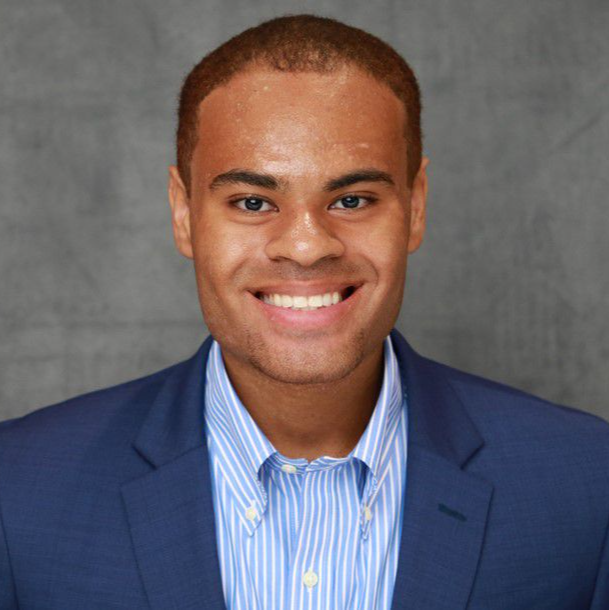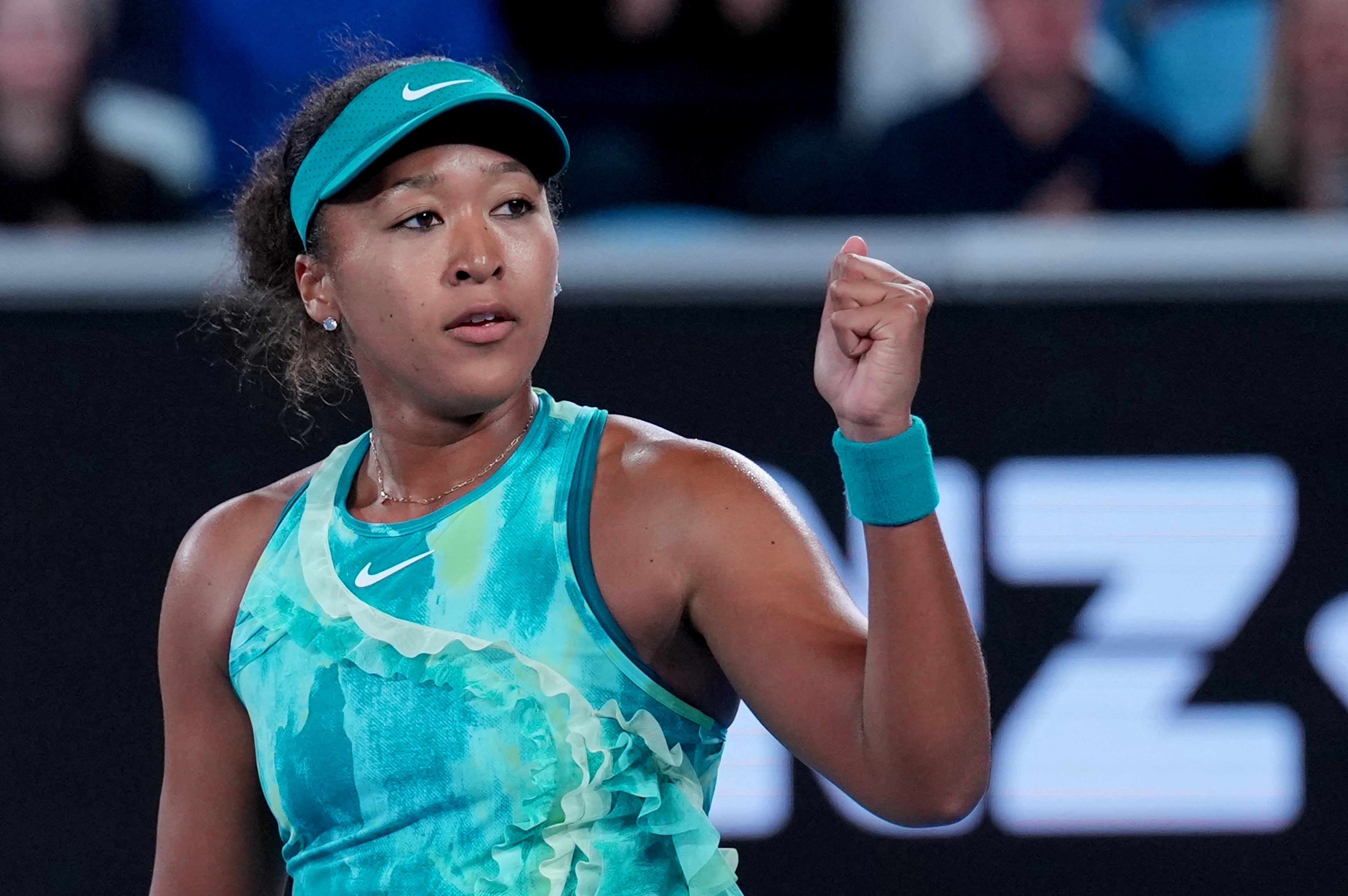Dominique Dawes talks the future of gymnastics, her second act

Former gymnast Dominique Dawes is best known for competing in three Olympic Games, (1992 Barcelona, 1996 Atlanta and 2000 Sydney), winning four Olympic medals. But she’s most famous for being the first African American gymnast to win an individual Olympic medal in women’s gymnastics. With her competitive days behind her, Dawes looks toward the current generation of American gymnasts and her ownership pursuits in the sports world.
Dawes reminisces her time competing in the 1996 Olympic Games, that having been where she won gold for team all-around and bronze for floor. Dawes and her six teammates were deemed the “Magnificent 7″ after winning gold for team all-around after edging Russia by less than one point.
“Being a part of that team was an honor and truly humbling,” Dawes said. “Those six young girls that I competed with really made me a better athlete, and to make history not only becoming the first African American female gymnast to win an Olympic gold medal, but also the first women’s gymnastics team to win gold on American soil, it really couldn’t have been sweeter.”
The past few Olympic Games have featured diverse women’s gymnastics teams for Team USA, a stark contrast from when Dawes competed and she often was the only woman of color in the competition.
“It was not a very diverse sport,” Dawes said of when she competed. “There were not a lot of young women of color. However, now when I look at the sport of gymnastics, like 80% of the team is diverse, and so, it’s great to see how much the sport really has changed.”

Along with being a mom to her four children, much of Dawes’ time is spent managing the Dominique Dawes Gymnastics & Ninja Academies, which she opened to continue her commitment to developing a healthy and compassionate culture in the sport.
What prompted Dawes to open these facilities was the news of longtime gymnastics doctor Larry Nassar, who sexually abused young athletes. Nassar was the Olympic team doctor for two of Dawes’ Olympic Games, and they knew each other for 10 years.
“It sadly didn’t surprise me whatsoever, just because the culture of the sport was riddled with a great deal of physical, psychological and emotional abuse,” Dawes said when she heard the news come out. “He saw what we went through on a daily basis, especially when we were leading up to the Olympic Games and took advantage of these young, vulnerable women.”
With reports about Nassar’s abuse coming into focus, Dawes knew, especially as a mother, that she didn’t want her children to practice and compete in an environment like her and her peers. She stays committed to empowering young children and making them have a positive experience in gymnastics as well as ninja academy training.
“It’s about caring about the young kids as individuals and striving to raise their self-esteem, build their confidence and build their strength as well,” Dawes said.
This year, Dawes will open her third academy in Columbia, Maryland. This makes all three academies in the Washington, D.C., area, where she grew up.
More pursuits that Dawes has taken on include minority ownership of the Washington Spirit of the National Women’s Soccer League and a limited partner of the Falcons. Her experience at the 1996 Olympics in Atlanta has made the city her home away from home.
“I’m a huge cheerleader of this team (the Falcons), and I look forward to making a positive impact in the Atlanta community,” Dawes said. “Atlanta has been always like a second home to me, of course from the 1996 Olympic Games.”

Famed gymnast Simone Biles, who took home four medals in Paris, (three gold and one silver), is someone Dawes said she’s proud to have gotten to know over the years being in the gymnastics space.
“I’ve met her a number of times and I think she’s phenomenal,” Dawes said of connecting with Biles. “What I loved most about her is she’s so sweet and generous with my kids, and I’m just a huge fan of her and my kids are fans of her too.”
Though much progress already has been made in the sport, Dawes believes the future of gymnastics is critical and believes Biles can lead the way.
“She is an individual that has some control over where the direction of the sport is going, and I think having more voices like Simone is when you’re truly going to see the right changes,” Dawes said.
Aside from winning many medals and breaking world records, Biles also is known for testifying about Nassar’s sexual abuse in court. Biles also stepped away from competition at the Tokyo Olympics to prioritize her mental health, helping spark a movement that touched athletes and non-athletes alike.
With the Paris Olympics having concluded, the world looks to 2028, where the Olympics will be held in Los Angeles – the first time on American soil since 1996. Dawes didn’t attend this year’s Olympiad but hopes to bring her family to Los Angeles in four years. She can’t wait to be there and support Team USA, something she said she enjoys now being on the other side of the Games.



